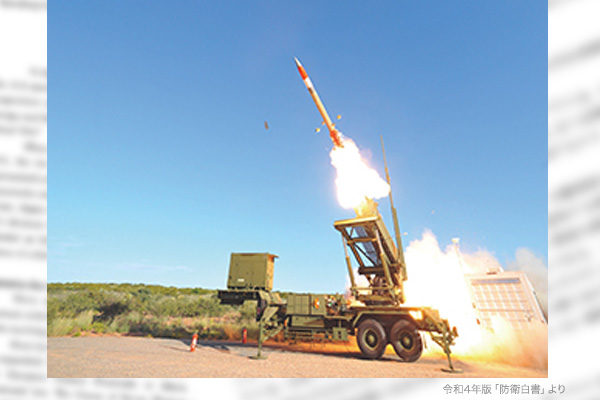It is said that logistics determine the outcome of war. It is also said that there is no victory without air supremacy. Ukraine’s counteroffensive since June has failed to achieve results as expected, putting the Ukraine war into a kind of stalemate. Ukraine’s difficulties are largely attributable to logistic problems such as weapon and ammunition shortages, in addition to the war situation in which Russia retains air supremacy.
Russia is also plagued with logistic problems more or less. Although Russia seems to have shifted to a wartime production regime for munitions, its procurement of ammunition from North Korea shows its predicament.
Production of tanks and other heavy equipment cannot be easily increased. Russia has been keeping obsolete equipment with anti-rust measures taken, and sequentially refurbish and recommission it.
Storing obsolete equipment may seem needless, but it can contribute to improving ability to sustain a protracted war of attrition. This is the wisdom of Russian military that has been accustomed to war since the Soviet era.
Ukraine wants old Japanese weapons
Japan’s Self-Defense Forces discard old equipment automatically when introducing new equipment. Equipment quotas are fixed and barred from being exceeded. For example, when the latest surface-to-air guided missile called PAC-3 is introduced, the previous version called PAC-2 is scrapped. Furthermore, the 20mm anti-aircraft gun is obsolete as an air defense weapon and discarded under the cover of streamlining.
However, the PAC-2, though being unable to intercept ballistic missiles, can intercept fighter jets. The 20mm anti-aircraft gun may not be capable of hitting fighter jets, but it can hit drones, and is cost-effective for attacking inexpensive drones. If such weapons are stored instead of being discarded, they may become saviors in the future.
On the other hand, these are the weapons that Ukrainian military wants so badly. At a time when Western countries are providing military assistance to Ukraine, is it permissible for Japan to discard weapons that Ukraine wants even when Japan cannot provide military assistance as a policy?
Weapon quota to the detriment of defense buildup
The administration of Prime Minister Fumio Kishida is trying to fundamentally strengthen Japan’s defense capabilities based on three defense-related documents formulated last year. The current strict weapon quota management, though seeming efficient, works to the detriment of developing resilient defense capabilities that can withstand protracted warfare.
At the November 20 meeting of the Fiscal System Council, an advisory body to the Ministry of Finance, a proposal on the formulation of the budget for fiscal 2024 was presented calling for thorough rationalization and streamlining with regard to defense. However, it should be understood that rationalization and streamlining under the cover of a “scrap and build” do not necessarily lead to the fundamental enhancement of military capabilities.
Kunio Orita is a member of the JINF Planning Committee and a special professor at Reitaku University. He is a retired Lieutenant General of the Japan Air Self-Defense Force.


